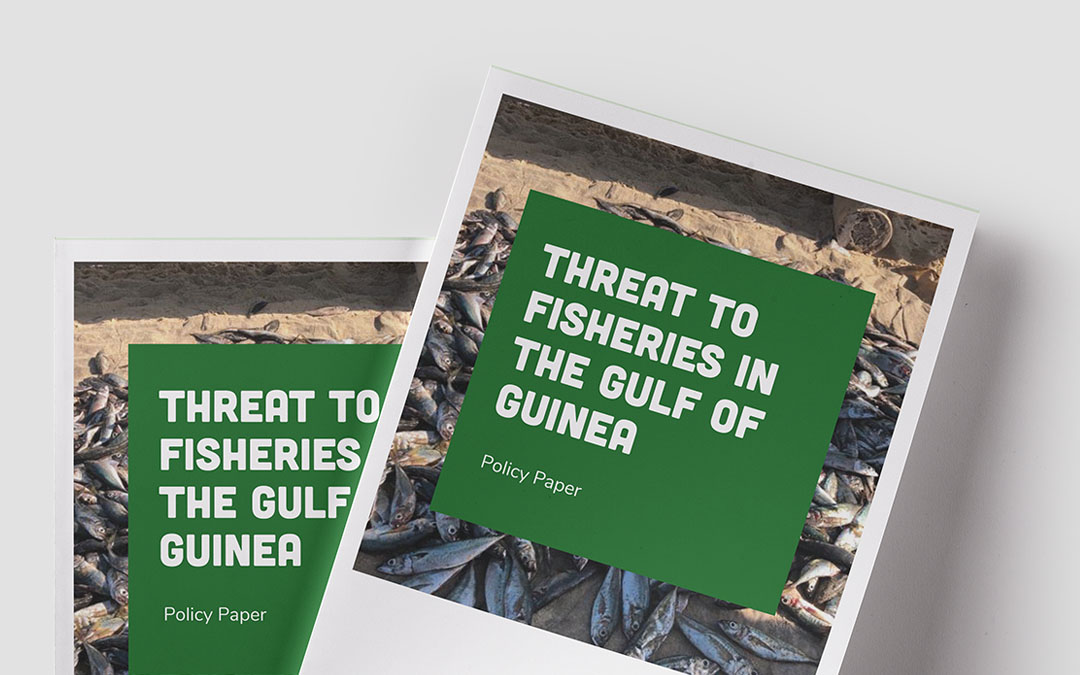The Gulf of Guinea in which the coastal line of Nigeria falls is an area with a high diversity of marine biodiversity. It is also known to have the largest mangrove water systems in the world. Fisheries provide food and employment to millions of citizens in the zone.
The Gulf of Guinea is also very rich in mineral resources including oil and gas. The exploitation of these resources has resulted in the devastation of the Niger Delta environment with high impact on the quality of the aquatic lives in the area as well as on the freshwater systems. Pollution from industries sited along the coastline add to the degradation of the ecosystems. Violence from sea pirates and other unlawful activities in the zone have made the Gulf of Guinea one of the most unsafe waters today.
Fisherfolks and other coastal stakeholders play a central role in monitoring the happenings in the Gulf of Guinea, including monitoring polluting activities as well enforcing indigenous knowledge and norms in biodiversity conservation. The region also has scientific institutions saddled with duties of monitoring the aquatic species and offering means of protection.
It is clear that a deliberate combination of actions and stakeholders is needed to restore and protect the once fecund marine ecosystem of the Gulf of Guinea.
Download and read here





